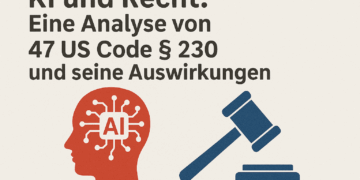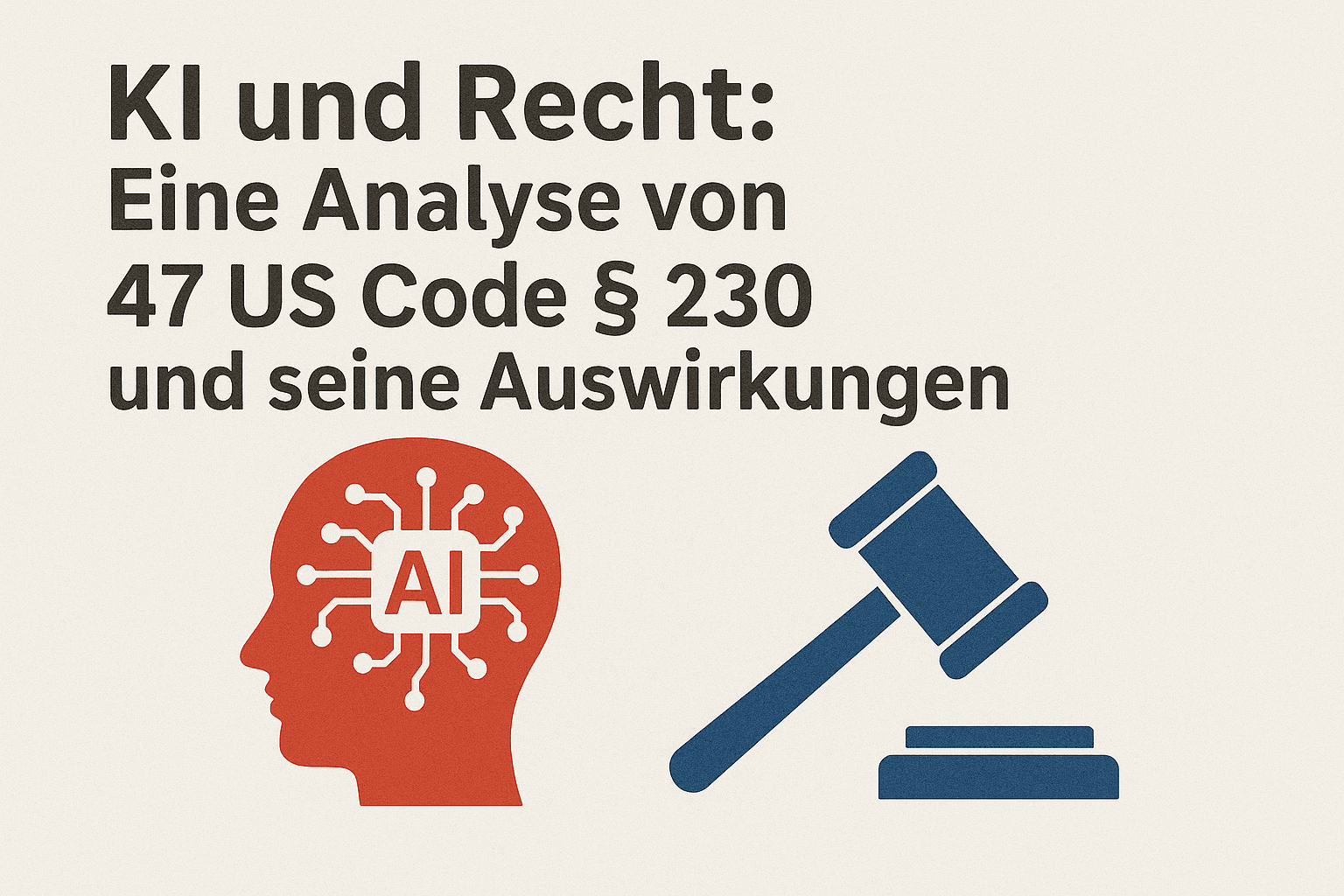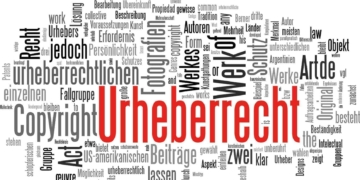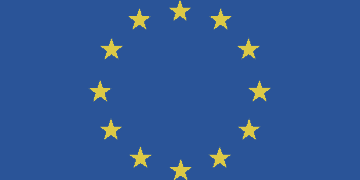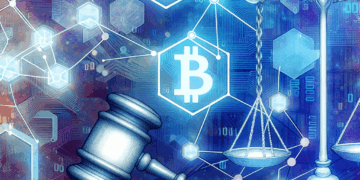As you know, much has already been written on this blog about the legal issues surrounding artificial intelligence (AI). Today, however, a different but equally important topic will be highlighted: 47 US Code § 230. This section of the US Communications Act is fundamentally linked to the legal ideas from the Network Enforcement Act (NetzDG) and plays a decisive role in the blocking of accounts on platforms such as Instagram. This regulation poses considerable challenges for lawyers, particularly in the area of social media. The increasing use of generative AI to create content that is distributed on social media further exacerbates this problem. Generative AI can be used both to create fake news and to spread disinformation, which further complicates the legal framework. The question of how these technologies can be regulated and controlled is of central importance for the future of digital communication. It is therefore essential to understand and analyze the legal implications of 47 U.S. Code § 230 in the context of generative AI.
What is 47 US Code § 230?
47 US Code § 230, also known as Section 230 of the Communications Decency Act, was passed in 1996 and is one of the most important legal provisions for the Internet. This regulation protects internet service providers and platforms from liability for content created by users. This means that platforms such as Facebook, Twitter and Instagram cannot be held responsible for the posts of their users. This immunity has significantly promoted the growth and development of the internet, as platforms do not have to be liable for every single user expression. However, with the introduction of generative AI, which is capable of creating large amounts of content, the importance of Section 230 is being re-evaluated. The ability of AI to generate deceptively real texts, images and videos poses new challenges for legal responsibility. Platforms now have to deal not only with user-generated content, but also with content generated by AI systems. This raises the question of whether and how Section 230 can and should be applied to AI-generated content.
Critical voices and reform proposals
Section 230 has come under increasing criticism in recent years. Politicians from both parties in the US have proposed reforms to increase the accountability of platforms. Critics argue that the current regulation allows platforms to evade their responsibilities while at the same time restricting users’ freedom of expression. In particular, the blocking of accounts on social media platforms has led to an intense debate. The introduction of generative AI has further fueled this debate, as the technology makes it possible to create and disseminate large amounts of disinformation and fake news. Some reform proposals aim to limit the immunity of platforms and make them liable for certain types of content, especially when generated by AI. Other proposals call for stronger regulation of moderation practices to ensure that platforms act transparently and fairly. These reforms could have a significant impact on the way platforms moderate content and how users can exercise their freedom of expression online.
Comparison with the Network Enforcement Act
The German Network Enforcement Act (NetzDG) has some parallels to Section 230, but differs in important respects. The NetzDG, which came into force in 2017, obliges social networks to delete or block obviously illegal content within 24 hours of receiving a complaint. The platforms face high fines for systematic violations. While Section 230 grants platforms far-reaching immunity, the NetzDG focuses on the rapid removal of illegal content. These different approaches reflect the different legal and cultural frameworks in the USA and Germany. For lawyers, this means that they must take both national and international regulations into account when advising clients, especially when it comes to blocking accounts and moderating content. The increasing use of generative AI to create content that is distributed on social media poses an additional challenge, as this content is often difficult to distinguish from human-generated content. This requires an adaptation of the existing legal framework in order to do justice to the new technological developments.
Challenges for lawyers
The application of Section 230 and the NetzDG poses considerable challenges for lawyers. On the one hand, they have to protect the rights of their clients who may have been unjustly blocked or censored. On the other hand, they need to understand the legal framework and the practices of the platforms in order to be able to take effective legal action. Another problem is the international dimension of these regulations. As many platforms operate globally, lawyers must take into account the different legal requirements in different countries. This requires a deep understanding of both national and international law and close cooperation with colleagues from other jurisdictions. The increasing use of generative AI to create content that is distributed on social media further exacerbates these challenges. Lawyers now also need to understand the technical aspects of AI in order to fully grasp the legal implications of this technology. This requires continuous training and adaptation to the rapidly evolving technological landscape.
Conclusion: The future of Section 230 and NetzDG
The debate about Section 230 and the NetzDG will certainly continue in the coming months. Both regulations play a decisive role in the moderation of content on the Internet and the protection of freedom of expression. For lawyers, this means that they must constantly keep abreast of the latest developments and adapt their strategies in order to best represent their clients. The future of Section 230 and the NetzDG will largely depend on how legislators respond to the challenges of the digital age. Reforms could fundamentally change the way platforms moderate content and how users exercise their rights. It therefore remains essential for lawyers to continuously educate themselves and closely follow legal developments. The increasing use of generative AI to create content that is distributed on social media will further fuel this debate and bring with it new legal challenges. It is therefore crucial that the legal framework is adapted to the new technological developments in order to protect the rights of users and ensure the integrity of digital communication.
